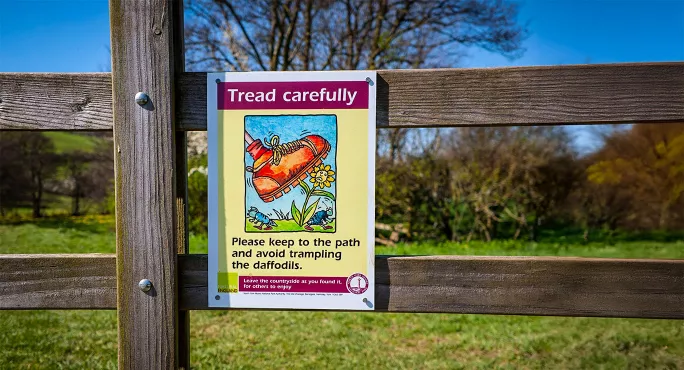In the latest in our ethical leadership series, a headteacher discusses how they approached a potentially tricky situation when religious views and curriculum requirements could have clashed: they ensured that they were clear in their position but also open to discussing the concerns being raised.
The article is part of a series looking at how leaders can use the Framework for Ethical Leadership (FELE), developed in 2018 through a commission involving the Association of School and College Leaders and the Chartered College of Teaching, to guide their leadership decisions. This framework is based on the values of selflessness, integrity, objectivity, accountability, openness, honesty, leadership, trust, wisdom, kindness, justice, service, courage and optimism.
What was the issue?
We are a city school, situated in a community with a sizeable Muslim population, that has a long-term commitment to the arts.
Dance and drama are part of the key stage 3 curriculum and have been for a decade or more. Recently a small group of Muslim parents have requested that their children are excused from dance on religious grounds.
Dance is popular and well-taught. Children wear PE kit that has options for modesty. No child has personally requested to be excused.
What we did next
The school’s curriculum is the school’s prerogative and is not usually negotiated with parents. I was anxious to prevent this disquiet from escalating, though, and hoped to persuade parents that physical activity and creative expression are important to their children’s development.
I talked with an imam in another part of the city, and I invited the parents who had written to me to a meeting after school.
I was optimistic in meeting with the parents. I was honest when I told them that dance had been and would remain a compulsory part of the curriculum. I demonstrated leadership, integrity and courage as I reminded them kindly that they had no right of withdrawal except from RE and aspects of sex education.
I was open with them by sharing the curriculum aims and content, including video clips from a recent concert demonstrating that dance and modesty are not in opposition.
However, I felt throughout our tricky discussion that trust and justice required me to make the same broad and balanced curriculum offer to all children.
What happened next?
Most of the parents were happy with the explanation of the dance curriculum. Two of them had children in the head of dance’s tutor group. They respected him as a teacher who cared about, and would look after, their children.
Some remained concerned about dance but were reassured that it was only compulsory up to Year 9. Two parents could not accept my judgement and sought to prevent participation by not providing PE kit or keeping children at home on dance days. We are still working with them.
What we learned
No matter how open and friendly a school is, its curriculum cannot be negotiated with parents.
While we do our best to respect the traditions and faith of the home, and work sensitively with families, we have a responsibility to educate children to the best of our ability and according to the agreed principles of the school.
However, we can still be respectful and enter into dialogue with parents if they have genuine questions, and work with them to hopefully overcome any concerns.




